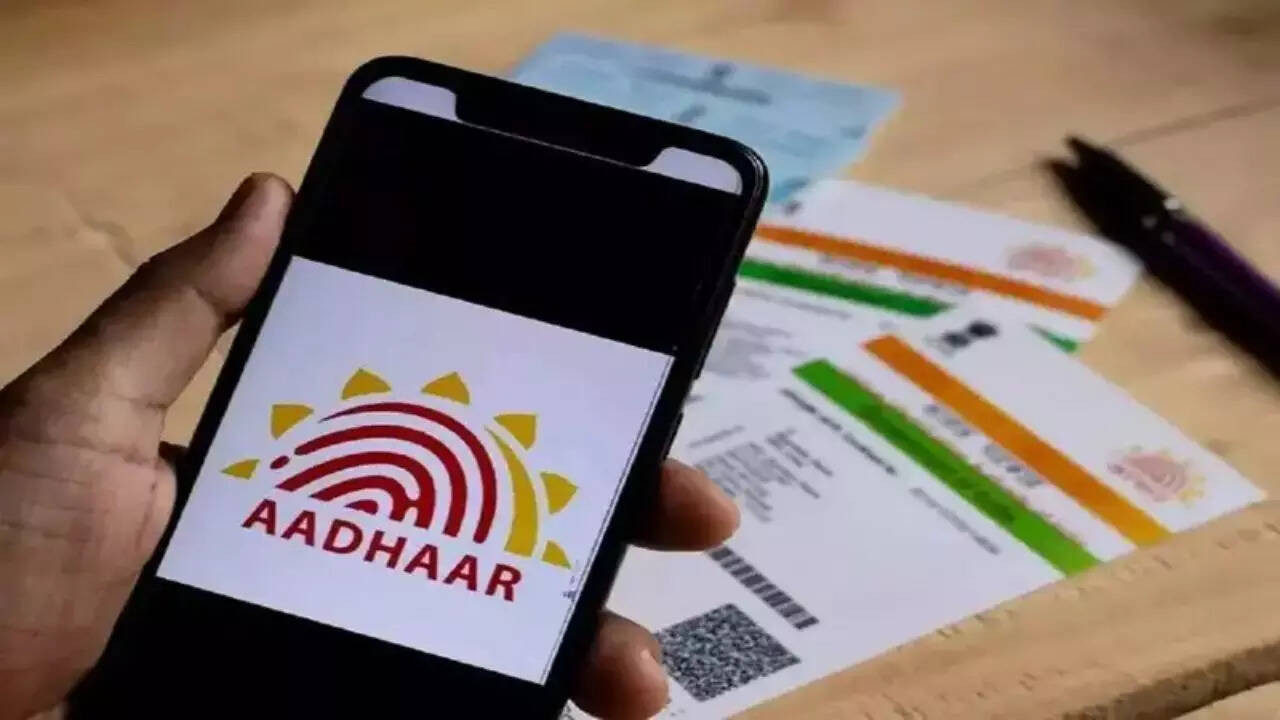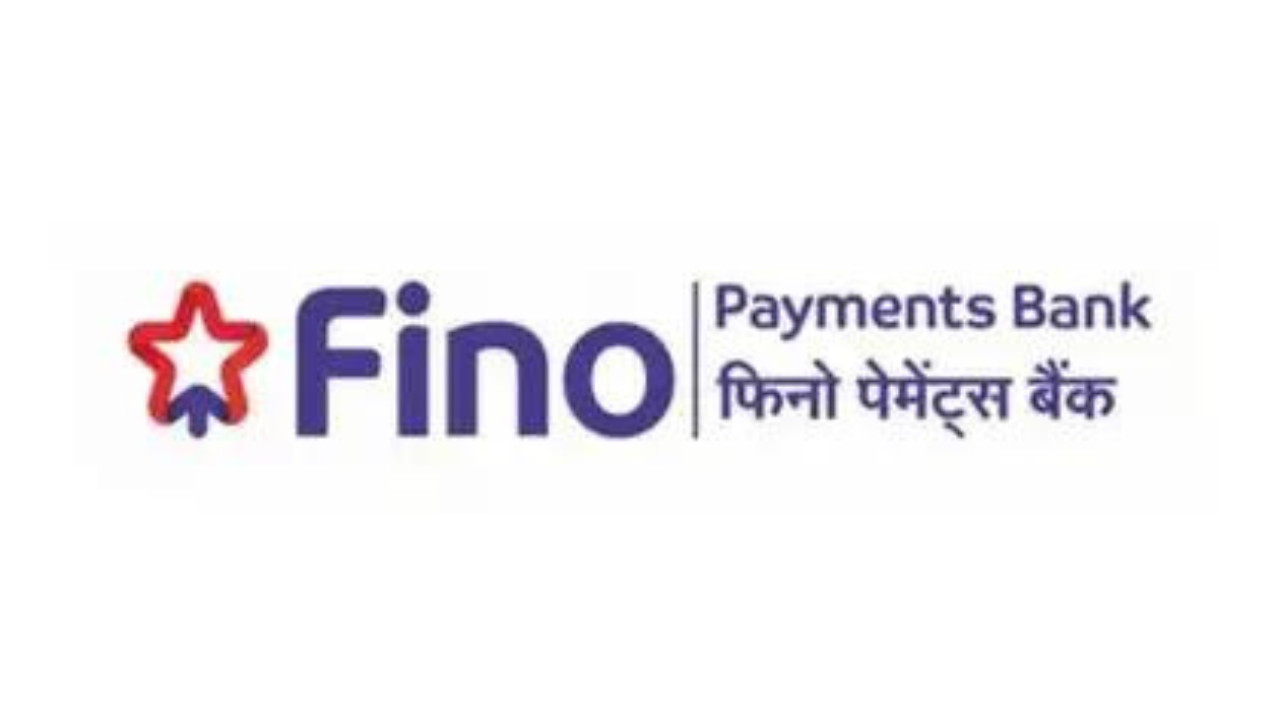The UIDAI is enhancing offline Aadhaar-based KYC to boost security and user-friendliness across financial services. This initiative aims to allow KYC completion without sharing Aadhaar numbers or personal details, promoting privacy. By promoting QR codes and PDFs, UIDAI simplifies the verification process and encourages compliant adoption among startups and financial providers.
Aadhaar Simplified: A New Era for Digital Identity Verification
For years, Aadhaar has been at the center of India’s digital revolution, a unique identity playing a crucial role in everything from accessing government services to opening bank accounts. But let’s face it, navigating the system hasn’t always been a walk in the park. Now, the Unique Identification Authority of India (UIDAI) is taking steps to make the entire Aadhaar based identity verification process smoother, safer, and more user-friendly, particularly when it comes to offline verification.
Think about it. How many times have you needed to prove your identity offline, whether it’s at a telecom store, a hotel, or even when applying for a new job? The existing process, while functional, can sometimes feel cumbersome, involving physical copies, potential for misuse, and a general sense of unease about data security.
That’s where the UIDAI’s new initiative comes in. The focus is on streamlining offline verification to empower citizens with greater control over their personal information. Instead of relying on photocopies of your Aadhaar card, which can be easily manipulated, the UIDAI is promoting methods that minimize data sharing and enhance privacy.
The Power of Choice: Securing Your Information
The core of this simplification lies in empowering individuals to share only the necessary information during the Aadhaar based identity verification process. The UIDAI is advocating for the use of masked Aadhaar numbers and QR codes, minimizing the risk of exposing your full Aadhaar number unnecessarily.
Imagine walking into a bank to open an account. Instead of handing over a physical copy of your Aadhaar, you could simply present a QR code containing only the information required for verification, such as your name, address, and photograph. This approach not only speeds up the process but also significantly reduces the risk of identity theft or data breaches.

This shift towards selective information sharing is a game-changer. It puts the control back in the hands of the individual, allowing them to decide what information they want to share and with whom. This is particularly important in a world where data privacy is becoming increasingly paramount.
KYC Made Easy: A Boost for Businesses and Citizens
The UIDAI’s push for simplified offline Aadhaar verification isn’t just about individual convenience; it’s also about creating a more efficient and secure ecosystem for businesses. By embracing these new methods, organizations can streamline their Know Your Customer (KYC) processes, reduce operational costs, and enhance customer experience.
Think about the telecom industry, where verifying a customer’s identity is a crucial step in activating a new SIM card. Or consider the financial sector, where robust KYC procedures are essential for preventing fraud and money laundering. Simplified Aadhaar based identity verification can make these processes faster, more reliable, and less prone to errors.
Furthermore, the UIDAI is actively encouraging entities to adopt these methods through awareness campaigns and educational resources. This proactive approach is critical for ensuring widespread adoption and realizing the full potential of simplified offline Aadhaar verification. We discussed related topics in a previous post on digital privacy in India.
Looking Ahead: A Future of Seamless and Secure Verification
The UIDAI’s initiative to simplify offline Aadhaar verification marks a significant step forward in India’s journey towards a truly digital society. By prioritizing user privacy, enhancing security, and streamlining processes, the UIDAI is paving the way for a future where identity verification is seamless, secure, and empowers individuals.
The future of Aadhaar based identity verification looks promising. As awareness grows and adoption increases, we can expect to see a significant improvement in the overall experience, benefiting both citizens and businesses alike. This move towards simplified verification is not just a technical upgrade; it’s a reflection of a growing understanding of the importance of data privacy and user control in the digital age.
In conclusion, the focus on simplified offline Aadhaar verification, using methods like QR codes and masked Aadhaar numbers, signifies a crucial step towards enhanced security, user-friendliness, and greater individual control over personal data in India’s digital ecosystem. This initiative promises to streamline KYC processes for businesses and empower citizens with a safer and more convenient way to prove their identity.







